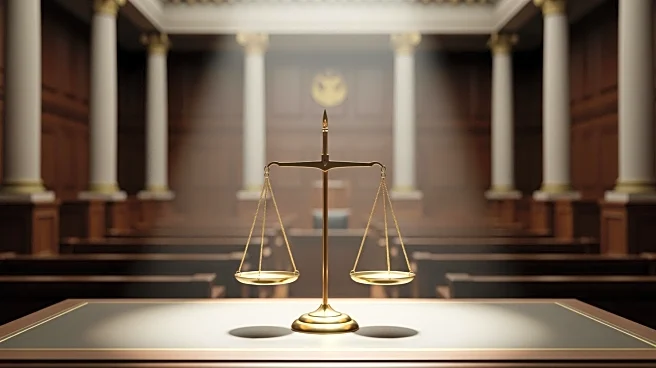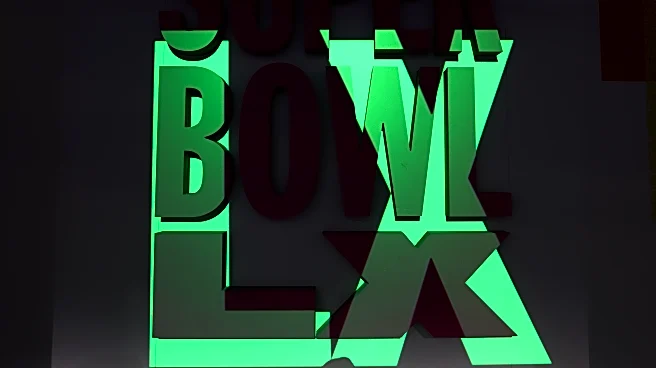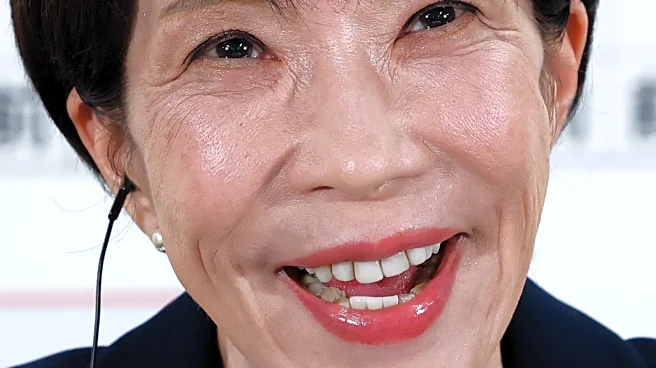What's Happening?
Daniel Ginzburg, a solo practitioner from New Jersey, is set to argue before the Supreme Court in a case concerning personal jurisdiction. Ginzburg is representing Coney Island Auto Parts Unlimited Inc., which is contesting a monetary judgment issued
by a Tennessee bankruptcy court. The judgment, amounting to $48,696, was related to unpaid invoices to Vista-Pro Automotive, a company that filed for bankruptcy in 2014. Ginzburg argues that the judgment should be vacated due to the court's lack of personal jurisdiction over his client. Despite offers from large law firms, including one from Lisa Blatt, a seasoned litigator with over 40 Supreme Court victories, Ginzburg chose to represent the case himself. The U.S. Court of Appeals for the Sixth Circuit previously ruled against Ginzburg's client, stating that motions to void judgments must be made within a 'reasonable time,' a decision Ginzburg claims conflicts with other appellate courts.
Why It's Important?
This case highlights the challenges faced by smaller legal practices in high-stakes litigation typically dominated by large firms. Ginzburg's decision to argue the case himself underscores the potential for solo practitioners to impact significant legal precedents. The outcome could influence how courts interpret 'reasonable time' in the context of voiding judgments due to jurisdictional issues. A ruling in favor of Ginzburg could lead to increased scrutiny of jurisdictional claims in bankruptcy proceedings, potentially affecting businesses involved in interstate commerce and litigation. The case also emphasizes the importance of timely legal action in protecting corporate interests.
What's Next?
The Supreme Court's decision will determine whether the case returns to the bankruptcy court for further proceedings. If Ginzburg prevails, it could set a precedent for similar jurisdictional challenges, prompting businesses to reassess their legal strategies in bankruptcy cases. The ruling may also encourage more solo practitioners to take on complex cases, knowing that the highest court is willing to hear arguments from smaller firms. Regardless of the outcome, the case will likely continue to be a point of reference in discussions about jurisdiction and procedural fairness in the legal community.

















